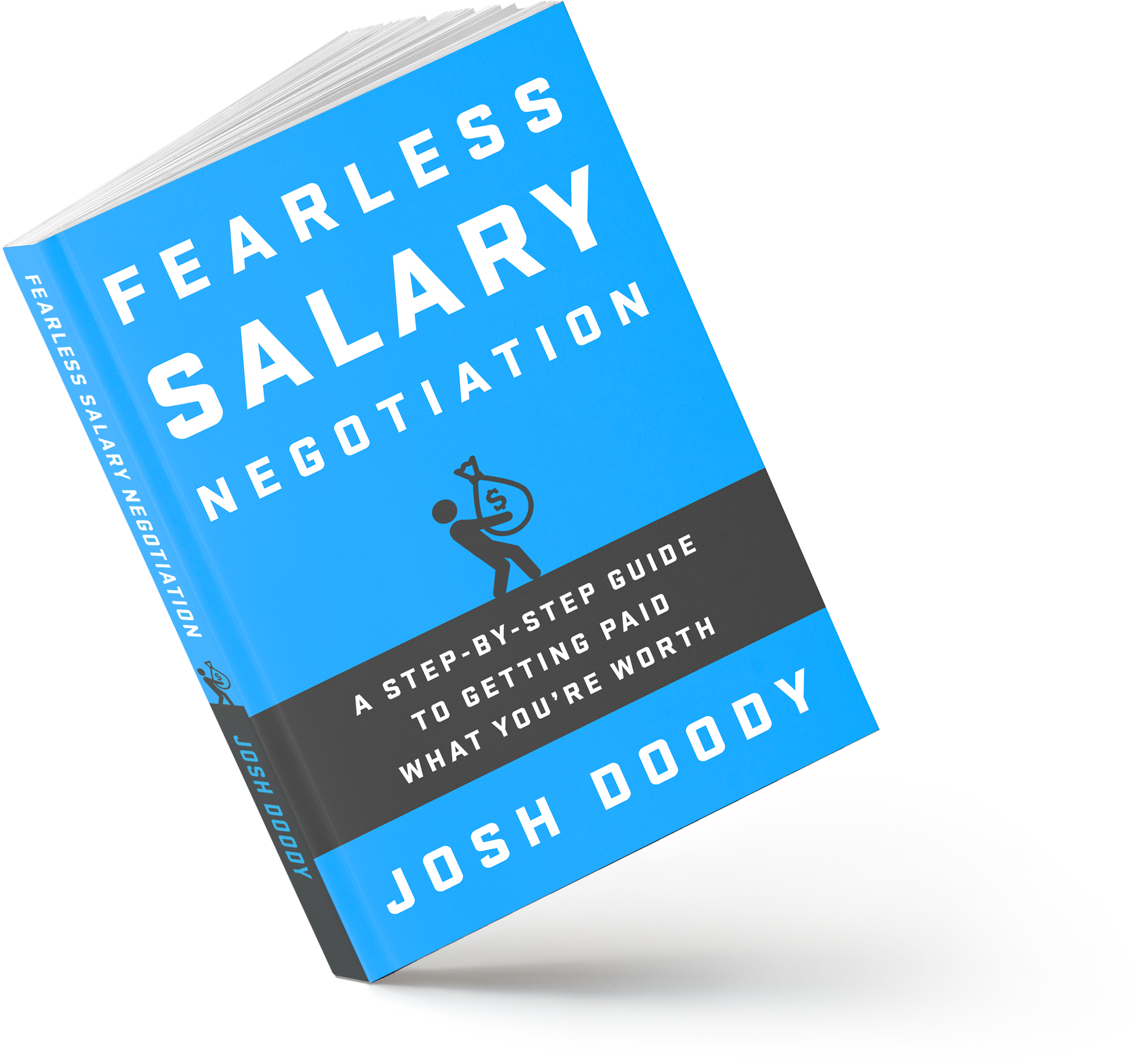
How to prepare for a job interview
Things to do before interviewing with a new company
Preparing for job interviews is extremely important. Here are some things you can do to prepare for your next job interview.

Preparing for job interviews is extremely important. Here are some things you can do to prepare for your next job interview.
When an opportunity is on the way, you’ll usually get some kind of heads-up: a message on LinkedIn, an email, a voicemail, or even a text message from a recruiter or hiring manager. Once you get the heads-up, you need to do some prep work before you’re ready to talk.
Start by spending some time on the company’s website, learning about what they do and looking at advertised job openings and job descriptions. Read their blog. Google them to see if there are any recent press releases or articles about them. Check them out on social media.
What do you need to know? You need to know what the company does to make money, who their customers are, how big they are, where they’re located, basic information like that. If you were to bump into this company at a dinner party and chat for about 10 minutes, this is the stuff you would learn.
You may have just thought, “Duh. Of course I would check out their site,” and that’s a good sign for you. But you would be surprised how rarely job candidates actually do this, and how much of an impression it can make on an interviewer.
Read the job description a few times to make sure you get it well enough to answer some basic questions about it and, more importantly, to ask some basic questions about it.
You also need to have a sense of what other sorts of jobs they’re trying to fill. You can get a good sense of where the company is focused by looking at their “Jobs” or “Careers” page. Are they hiring a lot of sales reps? Engineers? HR folks? Consultants? Managers? If you see any trends like this, take a minute to think about what that tells you about the company itself. Don’t read too much into this, but you may be able to identify a need the company has so that you can position yourself in a way that could help the company address that need.
Here’s an example:
You notice the company is hiring a lot of sales reps in the western half of the country. That could mean a number of things, but it probably means they’re trying to expand geographically and looking to increase top-line revenue. They want to get more customers out west.
Think about how your skillset can help a company like that. If your skillset lends itself well to sales and revenue growth, then you can play that up. If your skillset is in an unrelated area, think about how you can contribute in a way that takes pressure off the company in your area of expertise so they can focus on growing. “I can help you grow” can be just as valuable as “I can help make this other part of the business more autonomous so you can continue focusing more resources on growth.”
While you’re at it, take note of any other jobs you might be good for, just in case this one doesn’t work out. That way you’ll have some backup opportunities in mind if you need them.

I'm Josh Doody, a professional salary negotiation coach who helps High Earners negotiate their job offers. On average, High Earners improve their first-year compensation by $48,492 with my help.